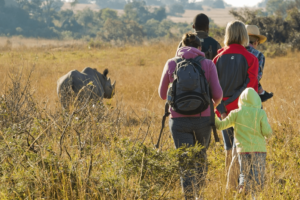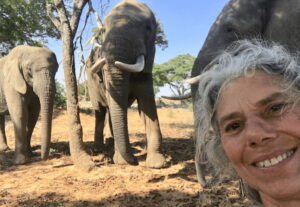Community programmes are a great way for volunteers to experience a foreign culture, engage with local communities, and develop empathy for people from diverse backgrounds. However, there are a number of ethical factors to consider if your African dream is to work with communities, particularly children or vulnerable adults.
The negative belief that volunteers who work in communities do more harm than good, is one regrettably grounded in reality. There are projects, some of which are unfortunately marketed extremely attractively, where foreigners volunteering on community programmes do, unwittingly, have a negative impact on the people they are trying to help.
The growth in voluntourism and the fees which can be charged, the rise of ‘orphanage tourism’, and the unfortunate presence of unscrupulous agents, has resulted in some volunteers doing unintended harm with their altruistic goals of ‘doing good’.
There are many excellent community development volunteer programmes, where on-the-ground partners, communities and volunteers are together doing vital work. Asking the right questions can ensure that your work and financial contributions align with your expectations and goals.
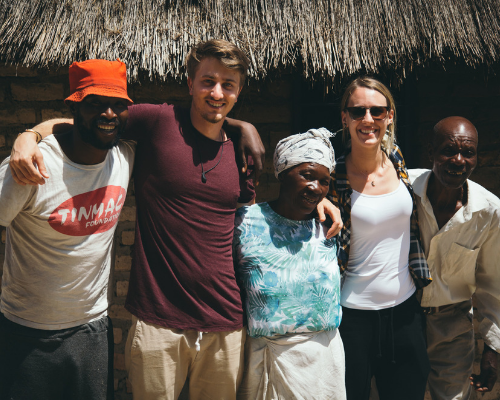
What the naysayers have to say:
- “It is a recipe for disaster when untrained and unskilled people are allowed to work with vulnerable people. How can young people with no qualifications, be expected to deal with the complex range of issues that confront people in poor, rural African communities?”
- “If you aren’t qualified to do it at home, what gives you the right to come and do it in Africa?”
We 100% agree – good intentions are not enough.
We absolutely believe that volunteers should not assume the role of competent professionals, in areas where they have no background or formal training. This is particularly true where volunteers want to work with vulnerable children, and this is why we do not support orphanage volunteering, or projects that place untrained, foreign volunteers in situations where they are responsible for children.
However, short term volunteers (those staying at a project for less than a year), can successfully be involved in simple, high impact projects, where, with the right project partner, their presence will certainly be positive.
Practicing English with a pre-school or primary age child, is a benefit to that child – as long as the reading or literacy programme is well-structured, progressive, and has been developed by educational specialists. For example, several our projects work with local teachers to implement the Happy Readers Literacy Programme – a project developed by education professionals in Africa, alongside the country’s local Ministry of Education.
Support organisations that provide rural education opportunities, long term income generation projects, skills training and financing for healthcare.
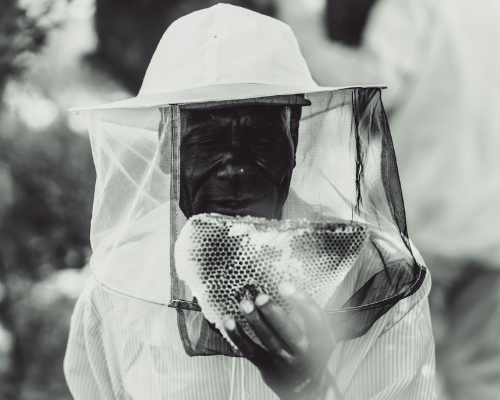
- “Short term volunteers have no impact.”
We believe that short term volunteers can have a positive impact, when the project they are working on has a long term goal – one that was decided on by leaders in the local community. That way the project is owned by the community and they have final say over who, what, where and when, and will continue to reap the benefits long term. Building a new classroom at a school which has no funding for a teacher, tables, chairs or books, is not the best use of volunteers time and money.
Projects should be instigated by community leaders, where they have identified a need that volunteers can help fulfil.
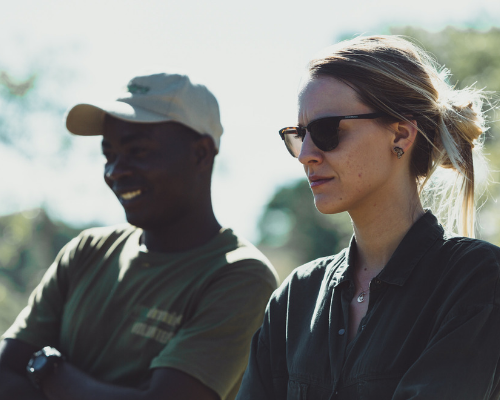
- “Its a white saviour complex, with the volunteer holding power because they have the money”
When communities own the project they are working on, and are responsible for its inception, implementation and ongoing management, they are the stakeholder in the project’s success. If the community is given the power to manage the project, volunteers are there to lend a constructive hand, both financially and with their time and enthusiasm.
Volunteering should be a two-way exchange, where both the volunteer and the community benefit. This exchange can be of culture, skills, humanity or point of view – but it is an exchange where each party benefits.
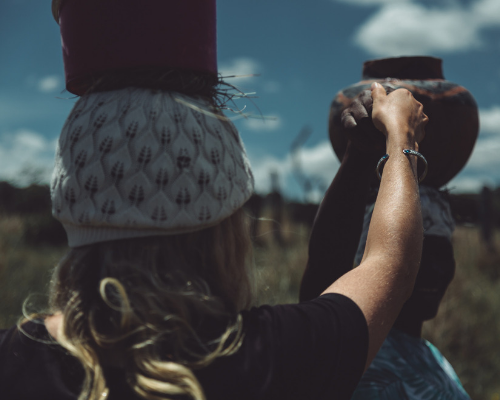
What we say:
- Be smart when you book your community programme;
- Ask questions;
- Be sure where your money is going;
- Be certain exactly what work you will be doing
- Understand the impact you work will have;
- Ask for case studies of success stories and real projects that volunteers have contributed to or accomplished.
Read our blog post ‘8 ways to choose an ethical volunteer programme‘ to see what questions you should be asking the organisation booking your trip.
Find out more about our community and conservation projects, and read our other myth-busting blog posts:
– – – – – – – – – – – – – – – – – – – – – – – – – –
All the beautiful images in this post are thanks to GrowVirtu – doing their part for conservation in Zimbabwe. Follow them on Facebook and Instagram.

